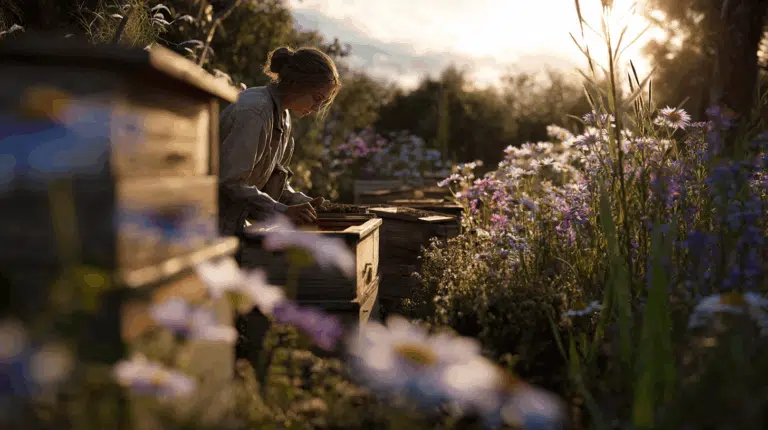Cucurbita moschata is a heat-loving pumpkin variety with elongated or round fruits. Suitable for vegetable gardens and gardens, it's often used for eating and as a decorative autumn accent.
In the Cucurbita moschata on Easyseeds.eu, you'll find nutmeg, butternut, and related varieties with a warm, sweet flavor, excellent storage properties, and versatile uses. These winter squashes are perfect for those who want to cook, bake, preserve, and enjoy fuller flavors in autumn and winter.
Flavor & Nutrition : Cucurbita moschata varieties are known for their sweet, nutty pulp, high carotene content, and soft texture when cooked. Think of butternut squash and butternut varieties that are suitable for purées, soups, gratins, and even sweet pastries.
Varieties & examples :
- Butterscotch PMT F1 : Smaller butternut squash of approximately 600-900 g, with sweet pulp and resistance to powdery mildew.
- Montillo : Mini nutmeg squash of approximately 900-1400 g with a typical shape and good yield.
- Hidemi : Uniform variety from Japan of 1-1.5 kg; firm flesh and a mild, nutty flavor.
- Beja : Larger fruits (2-2.5 kg), intense orange pulp, good yield.
Warmth & germination : Cucurbita moschata loves warmth. Pre-sowing is recommended, with an optimal germination temperature between 24-30°C . Do not keep the seeds too moist.
Location & Space : Choose a sunny spot with fertile, well-drained soil. Planting distance varies depending on vine growth; substantial varieties sometimes need 2-4 m² or more.
Maturation & Harvest : Most varieties are ready to harvest after 95-110 days. Wait to harvest until the skin is hard, the color has changed, and the fruit has developed a rich aroma. Some mini varieties can ripen a little faster.
Cucurbita moschata fruits store well in a cool, dry place (ideally 10-15°C) with good ventilation. Well-harvested butternut squash and nutmeg squash will keep for months.
Culinary uses are diverse: from roasted, pureed, in soups or pies, to even sweet treats. Firm pulp makes purees creamy, while the soft texture lends a comforting touch.
Extensive range : different varieties in weight, shape and taste – from small and handy to large and impressive.
Informative variety profiles : Each variety comes with a clear description: growing season, planting distance, cultivation advice, pests/resistances, and storage potential.
Quality & results : Seeds with good germination capacity, suitable for both novice and experienced gardeners.

Cucurbita moschata species includes several varieties, the most well-known of which are the butternut squash and the butternut squash. They are known for their excellent flavor, tender, sweet flesh, and good shelf life.
Origin: The plants originate from tropical regions and love warmth. They are highly disease-resistant.
Flesh: The flesh is generally soft, juicy, and sweet, with a dense texture.
Uses: Their distinct flavor and consistency make them ideal for soups, stews, purées, and baked goods.
Growing: Most varieties have long vines and require ample space to grow.
For an early start, you can sow indoors in April. Direct sowing outdoors is possible after the last frost, when the soil temperature is at least 18°C.
Sow the seeds 2 to 2.5 cm deep.
At the right soil temperature, the seeds will germinate within 5 to 10 days.
Pruning isn't strictly necessary, but it can be helpful to restrict growth. Removing side shoots directs the plant's energy toward the main fruits.
The fruit is ripe when the stem is hard and dry, and the skin is firm and deep-colored. Test this by pressing the skin with a fingernail; it shouldn't dent.